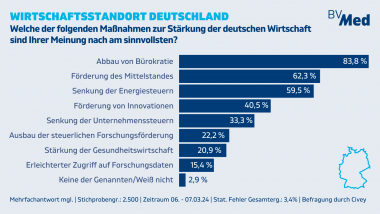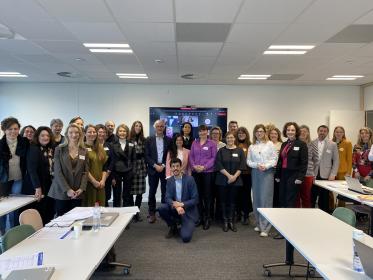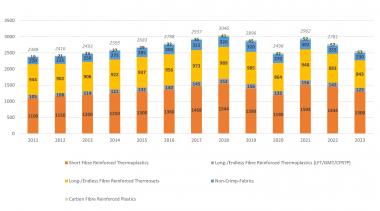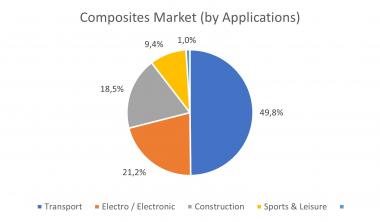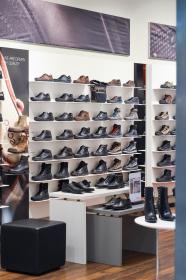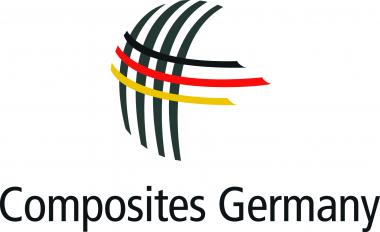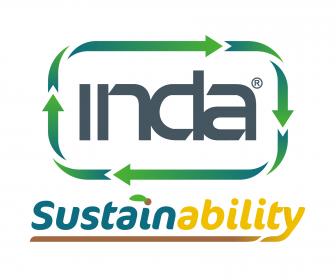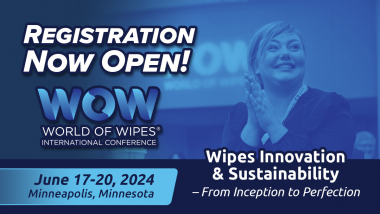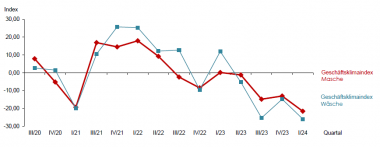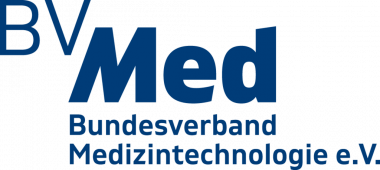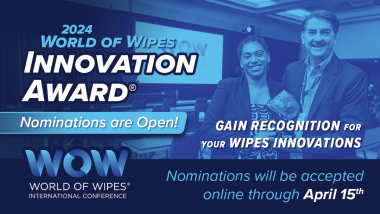BVMed: Umfrage zur Stärkung der deutschen Wirtschaft
Der Abbau von Bürokratie, die Förderung des Mittelstands und die Senkung der Energiesteuern sind für die Deutschen die überragenden Themen, um die Wirtschaft zu entlasten. Das ergab eine repräsentative Befragung des Meinungsforschungsunternehmens Civey im Auftrag des Bundesverbandes Medizintechnologie (BVMed). „Der Wirtschaftsstandort Deutschland verliert im internationalen Wettbewerb an Boden. Wir müssen jetzt gegensteuern und geeignete Maßnahmen ergreifen, um insbesondere die stark mittelständisch geprägte Medizintechnik-Branche zu fördern und von Bürokratie zu entlasten. Dafür hat die Bevölkerung ein gutes Gespür“, kommentiert BVMed-Geschäftsführer und Vorstandsmitglied Dr. Marc-Pierre Möll.
Gefragt nach geeigneten Maßnahmen zur Stärkung der deutschen Wirtschaft nennen 84 Prozent der Deutschen den Abbau von Bürokratie, 62 Prozent die Förderung des Mittelstandes und 60 Prozent die Senkung der Energiesteuern. 41 Prozent sprechen sich für eine bessere Förderung von Innovationen und 33 Prozent für die Senkung der Unternehmenssteuern aus. Es folgen der Ausbau der steuerlichen Forschungsförderung (22 Prozent), die Stärkung der Gesundheitswirtschaft (21 Prozent) und ein erleichterter Zugriff auf Forschungsdaten (15 Prozent).
Während die Werte bei Frauen und Männer sowie Ost- und West-Deutschen ähnlich hoch sind, unterscheiden sich die Antworten nach Altersgruppen sehr stark. Die mit Abstand höchsten Werte gibt es in der Bevölkerungsgruppe zwischen 30 und 39 Jahren. Hier wünschen sich beispielsweise 58 Prozent eine bessere Förderung von Innovationen. Den höchsten Wert zum Abbau von Bürokratie gibt es bei Arbeiter:innen mit 92 Prozent und Beamt:innen mit 87 Prozent.
Der BVMed fordert seit langem ein zwischen Wirtschafts-, Forschungs- und Gesundheitspolitik abgestimmtes Maßnahmenpaket zur im Koalitionsvertrag von 2021 vorgesehenen Stärkung des Medizintechnik-Standorts Deutschlands. Zu den Forderungen des deutschen Medizintechnik-Verbandes gehören eine beauftragte Person der Bundesregierung für die industrielle Gesundheitswirtschaft, eine Stärkung der Resilienz und der Lieferketten, ein Belastungsmoratorium und Entbürokratisierungs-Offensive für die KMU-geprägte Branche, Fast-Track-Verfahren für Innovationen mit klaren Fristen sowie einfache Anerkennungsverfahren für benötigte Fachkräfte.
BVMed | Bundesverband Medizintechnologie e.V.


